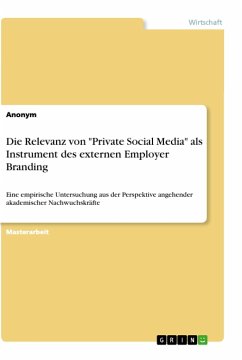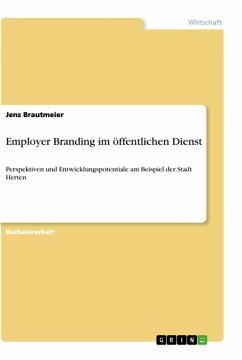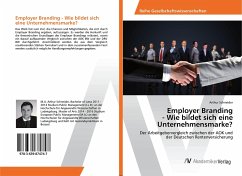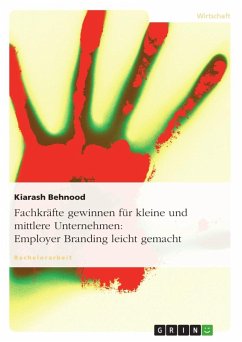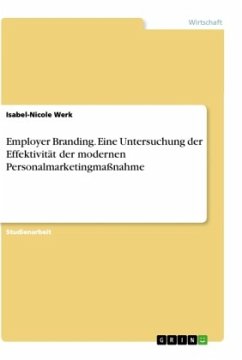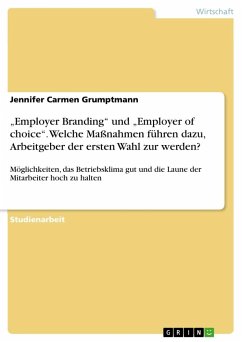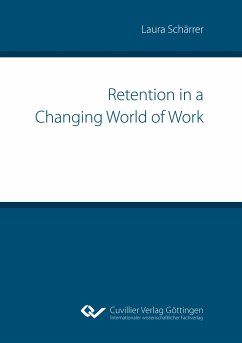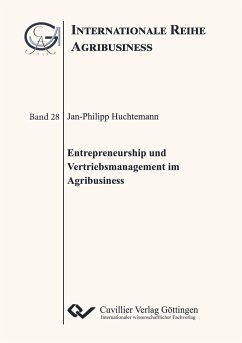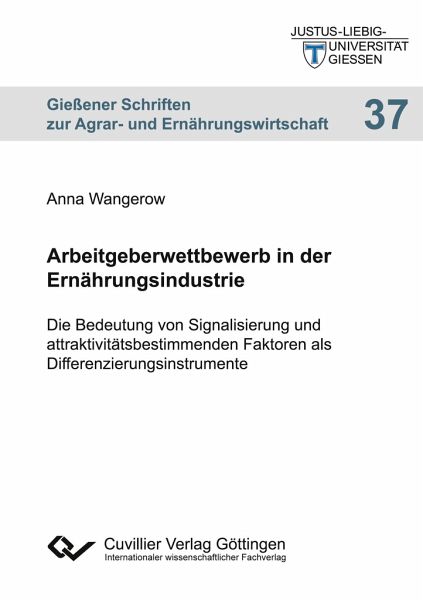
Arbeitgeberwettbewerb in der Ernährungsindustrie
Die Bedeutung von Signalisierung und attraktivitätsbestimmenden Faktoren als Differenzierungsinstrumente

PAYBACK Punkte
0 °P sammeln!
The lack of skilled workers reveals inefficiencies in the employer-employee market and points to a fundamental attractiveness problem of the food industry in the competition for high potentials. Companies are faced with increasing staffing problems (e.g., vacancies). This dissertation aims to explain the construct of employer attractiveness in order to identify differentiation opportunities within employer branding. The theoretical basis is the concept of signaling linked to the brand equity theory. The established functional-symbolic framework of employer marketing is supplemented by the face...
The lack of skilled workers reveals inefficiencies in the employer-employee market and points to a fundamental attractiveness problem of the food industry in the competition for high potentials. Companies are faced with increasing staffing problems (e.g., vacancies). This dissertation aims to explain the construct of employer attractiveness in order to identify differentiation opportunities within employer branding. The theoretical basis is the concept of signaling linked to the brand equity theory. The established functional-symbolic framework of employer marketing is supplemented by the facet of experience-based employer image characteristics and product attractiveness. Using structural equation analysis, a hierarchical component model is estimated by applying the sequential latent variable score method (two-stage approach). The results show that functional (¿objective¿) employer image characteristics ¿ characterized as credence qualities ¿ have little relevance. Experience-based/symbolic (¿subjective¿) characteristics serve to create ¿real¿ differentiation in the ¿war for talents¿. Experiences with the employer brand arouse curiosity and thus triggers students to apply for the position.




